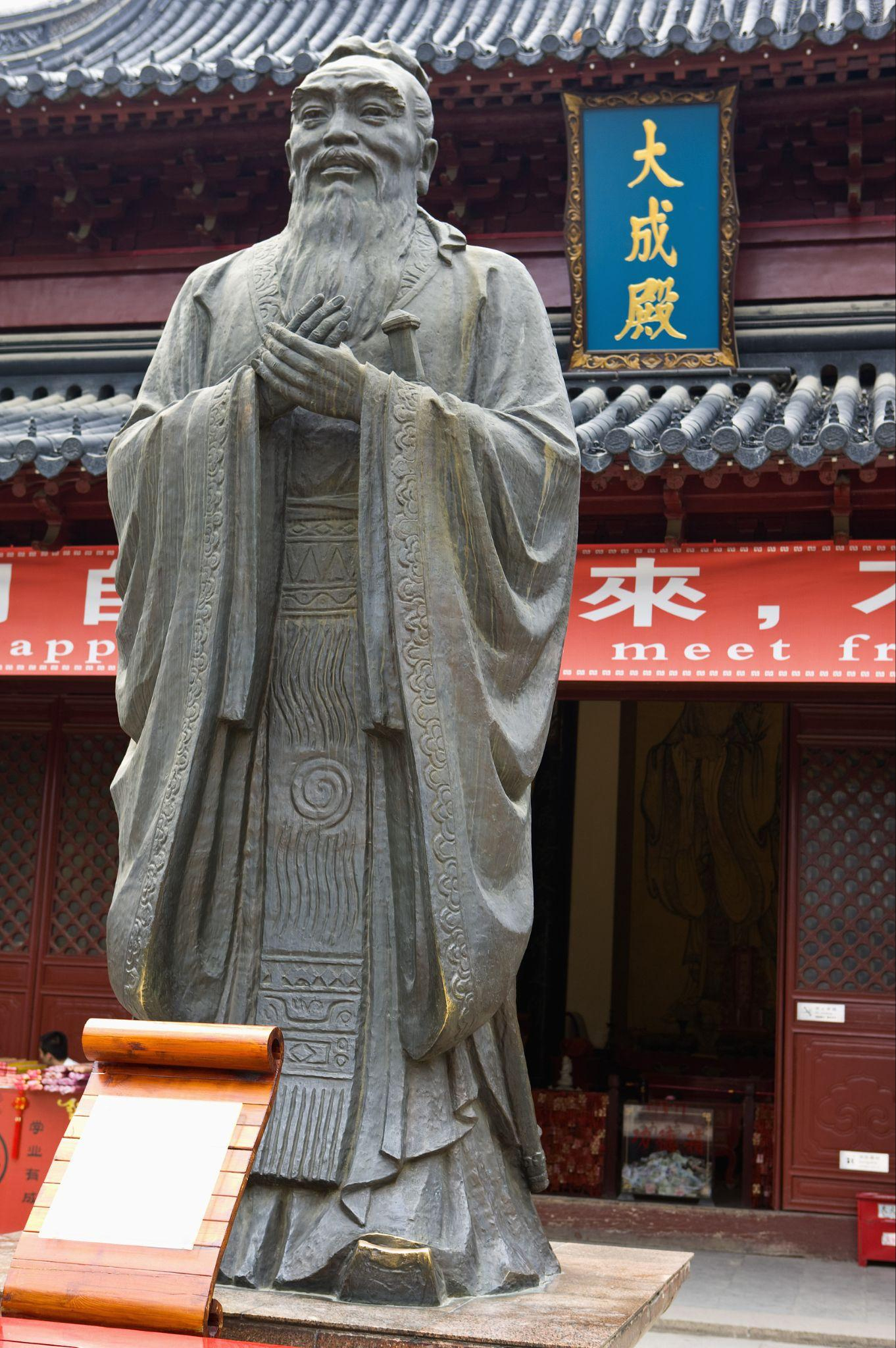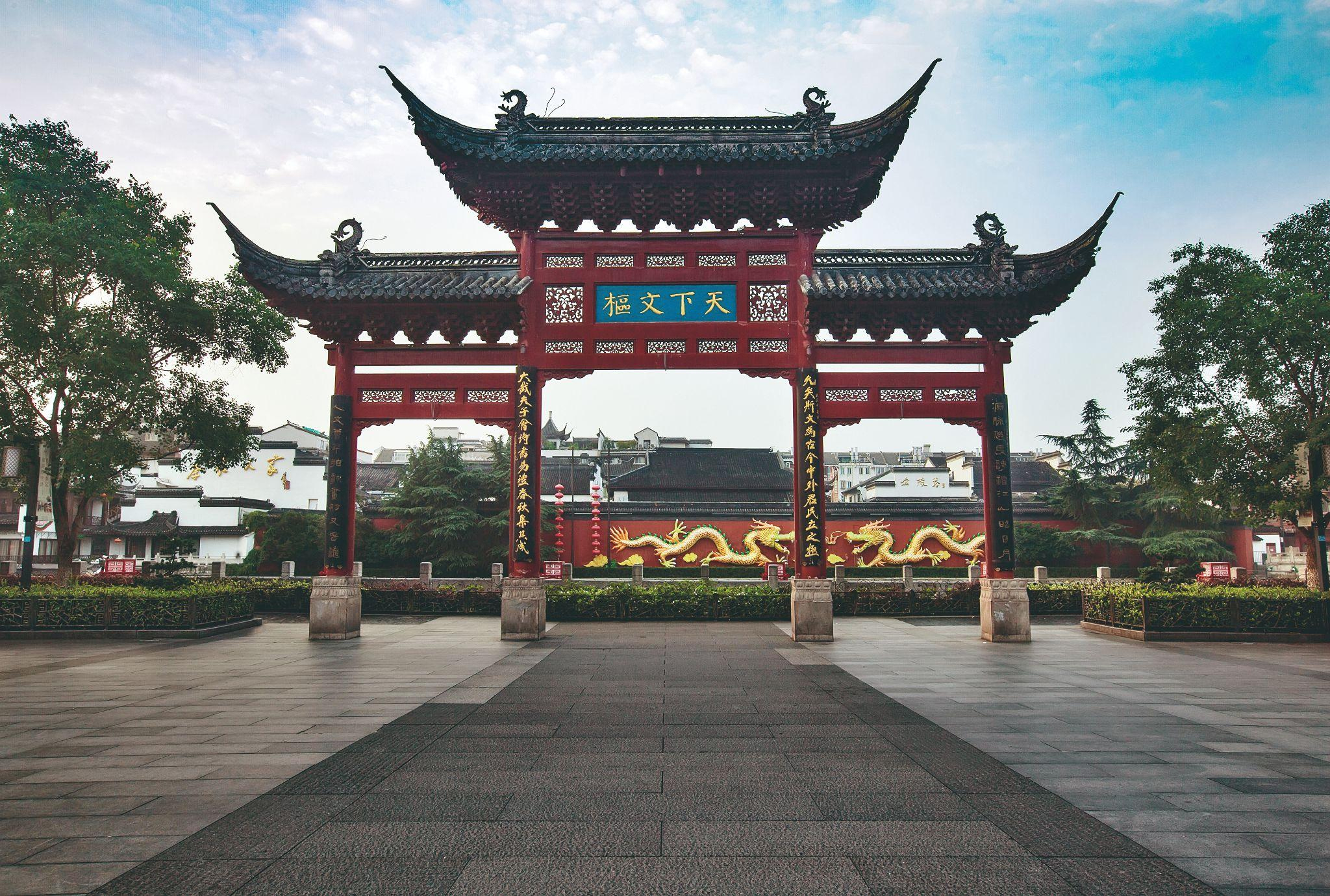
- Nanjing Sightseeing
- Must-See Attractions
- Ways to Enjoy Your Trip
- Nanjing Lifestyle
- Visitor Services
- Language

Nanjing is a city where literature lives and breathes—a place steeped in history, rich in cultural heritage, and brimming with literary creativity. Known as a "City of Literature", Nanjing is home to generations of great writers and timeless masterpieces. It's a "City of Creativity", where literary works are born; a "City of Reading", where love for books runs deep; and a "City of Museums", where literature and culture are carefully preserved and celebrated.
From its ancient title as “Tianxia Wenshu” (“the nation's cultural hub”) to its modern honor as a UNESCO City of Literature, Nanjing’s thousand-year literary tradition has shaped a distinctive cultural identity admired around the world.
Nanjing’s literary legacy began to flourish during the era of the Six Dynasties, when the city served as China’s capital. Positioned between the Qin-Han and Sui-Tang periods, this era marked the first time Nanjing became a cultural and literary center—not only for the Jiangnan region, but for the entire country. Many iconic works from this time still resonate today.
In the Tang dynasty, poets penned nostalgic verses about Jinling (an ancient name for Nanjing), capturing the city’s literary spirit in some of its earliest surviving poems.
During the Qing dynasty, Nanjing was a major center in Jiangnan and nurtured some of China’s most celebrated literary giants. Masterpieces like "Dream of the Red Chamber" by Cao Xueqin, "The Scholars" (Rulin Waishi) by Wu Jingzi, "The Peach Blossom Fan" by Kong Shangren, and "Suiyuan Shihua" by Yuan Mei are all deeply tied to the city.
In the modern era, Nanjing has continued to inspire generations of writers. Since the founding of the People's Republic of China, the city has produced a wealth of literary talent—from the older generation of masters such as Gao Xiaosheng, Lu Wenfu, and Fang Zhi, to contemporary leading voices like Su Tong, Ye Zhaoyan, and Bi Feiyu.
Whether you’re wandering through historic neighborhoods, visiting a museum, or relaxing in a book café, you’ll feel it—Nanjing’s passion for literature is everywhere, waiting to be discovered.

